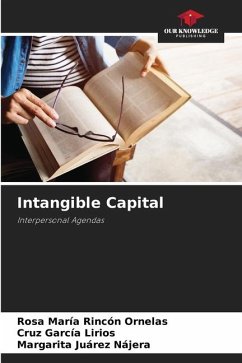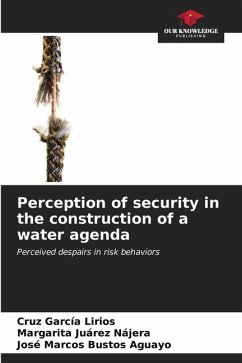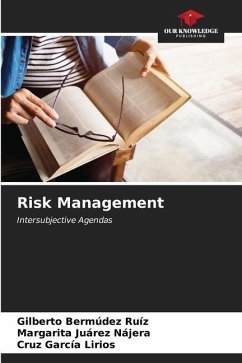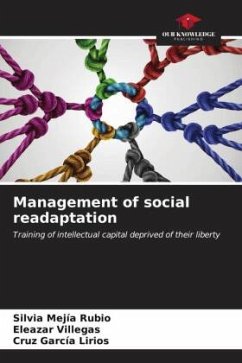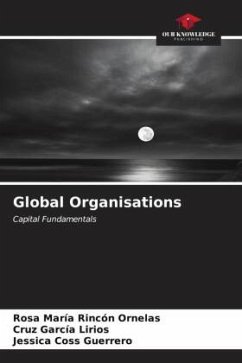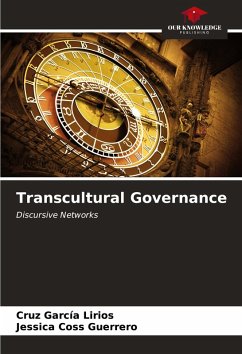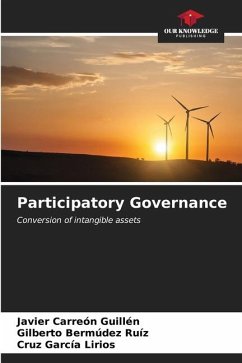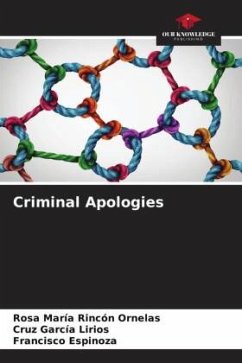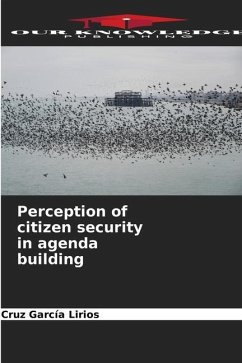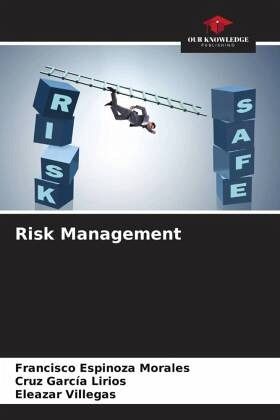
Risk Management
Versandkostenfrei!
Versandfertig in 6-10 Tagen
36,99 €
inkl. MwSt.

PAYBACK Punkte
18 °P sammeln!
In modern democracies, the construction of a public agenda involves the media's influence on public opinion and the latter's influence on the evaluation of mass communication policies. In this sense, attitudes have been studied as indicators of audience persuasion or dissuasion. Therefore, the aim of this paper is to specify a risk communication model considering attitude models related to the processing of information about public agenda items.



